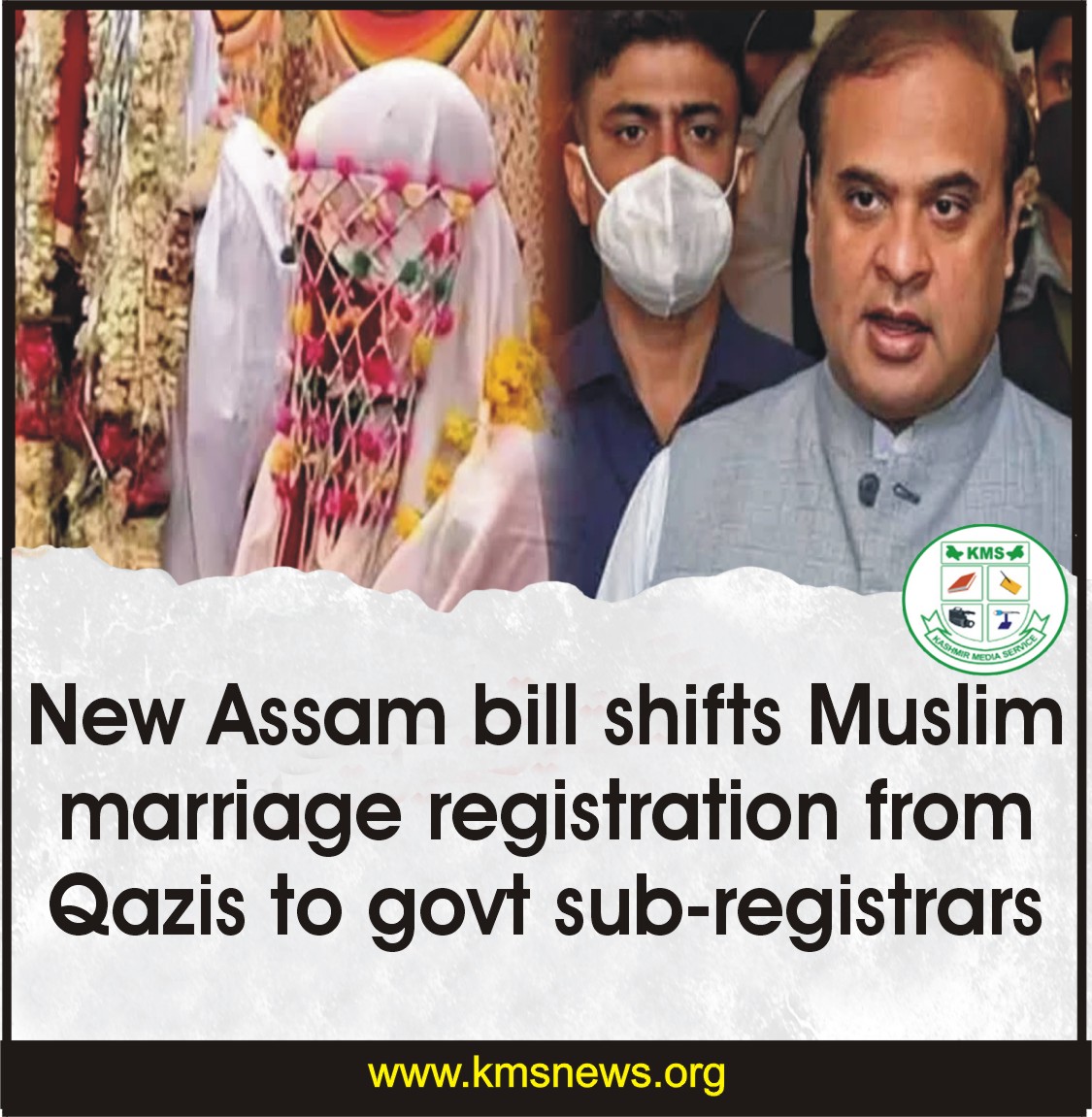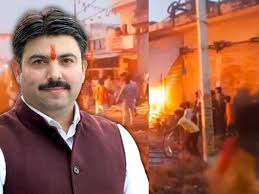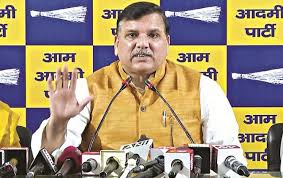New Assam bill shifts Muslim marriage registration from Qazis to govt sub-registrars

Guwahati: The BJP government in Assam has introduced a bill in the state assembly that has been widely criticized as anti-Muslim.
According to Kashmir Media Service, the Assam Compulsory Registration of Muslim Marriages and Divorces Bill mandates that Muslims must register their marriages and divorces through a sub-registrar, rather than the traditional practice of registration by Qazis (Islamic judges).
The bill, introduced by Revenue and Disaster Management Minister Jogen Mohan, follows its approval by the state cabinet. Chief Minister Himanta Biswa Sarma confirmed that Qazis will no longer have the authority to register Muslim marriages, shifting this responsibility to government sub-registrars. This change marks a significant shift from the previous system where Qazis handled marriage registrations.
Critics view this move as a state-level implementation of the Modi government’s proposed Uniform Civil Code (UCC), which aims to standardize laws governing personal matters such as marriage, divorce, and inheritance across different faiths. The UCC has faced strong opposition from Muslim activists, who argue that it threatens their religious practices and traditions.
Indian Prime Minister Narendra Modi has expressed a desire to advance the UCC, seeking to harmonize personal laws across India’s diverse religious communities. This proposal has heightened concerns among various communities, particularly Muslims, who fear it could infringe upon their religious laws.
The BJP’s agenda, driven by its Hindutva ideology, has intensified anxieties among India’s Muslim population about their future in the country.








